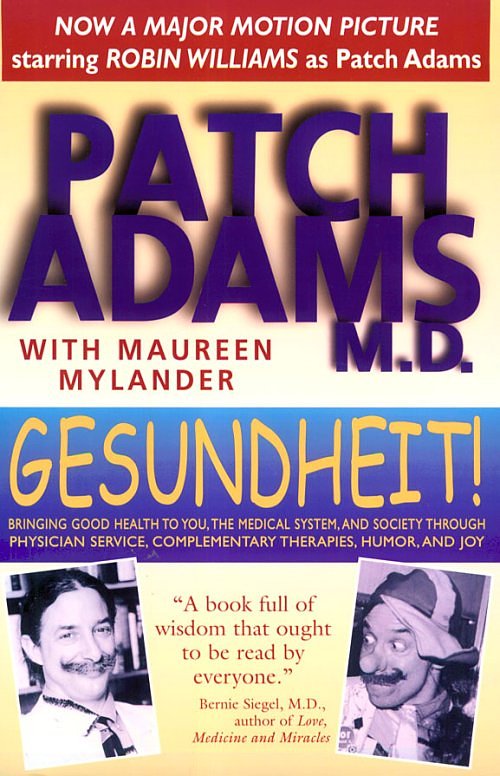

I'm all for justice as well but I suspect that what I mean by justice (the consistent and swift retribution of the law for criminal behavior) isn't what you mean by it, at least if you mean by justice that we should give our time and services away for free in the form of free health care, free food, free housing, and free everything all the time. Why it would matter if you believed the opposite I don't know either. What this has to do with treatment decisions I don't know. I'm fairly pro-war myself believing as I do that the only way to maintain peace is through miltary power. Peace is the absence of war or the threat of war and I don't see what this has to do with being a doctor. Still, as has been pointed out, you can treat patients without having an agenda. I've got no problem with this, of course, because it's a free country and you can believe anything you want.

I suspect that your idea of peace and justice are vastly different from mine. Many of us at the lecture felt it was disheartening to hear a doctor who has done so much good and helped the health of so many people around the world have this opinion about such a widespread and debilitating problem. Many people have fought long and hard to break the stigma of mental health as a joke and mental health patients as weak or immoral or inferior, to convince people that it is an illness that should be treated with as much compassion as any somatic disease, and that it is treatable and is worthy of treatment. It seemed, however, that for someone so skilled at thinking outside of the box, this was a surprising return to some very old-school opinions, and, depending on your viewpoint, not necessarily old-school in the good way. There are all kinds of ideas out there about mental health and illness, and I suppose that whether or not that opinion is valid is up to each individual to decide. When people brought this up during the question and answer session afterwards, arguing that mental health issues do have biological causes, people don't choose to be sick, these people need to be helped and not told how selfish they are etc, his reponse was, sure, when you break it down we're all really just 'bags of chemicals in solution,' but still, he considered the act of being mentally ill as an apparently active choice that entailed shirking one's responsibilities to self, to family, to humanity, etc.

He said at one point that being mentally ill is one of the most "selfish choices" a person can make.
:max_bytes(150000):strip_icc()/__opt__aboutcom__coeus__resources__content_migration__treehugger__images__2019__02__Youngevity_-_Dacha_2016_-8942a526a08d4b51896f1ce9ee16fe50.jpg)
Most specifically I remember him arguing that mental health issues were fake. He is clearly a compassionate and intelligent doctor who has come up with very creative ways of helping his patients and make an incredible difference in the world. I thought it was a great talk, and while I didn't agree with everything he said, it definitely got everyone thinking.
#Gesundheit institute Patch
I do not want to take anything away from Patch Adams, his accomplishments, or the lecture. I saw Patch Adams speak in college a few years ago, and while he's certainly done some amazing things, he also had some pretty unexpected ideas that I think caught a lot of people off guard, and they didn't go over especially well in the crowd that was at the lecture.


 0 kommentar(er)
0 kommentar(er)
